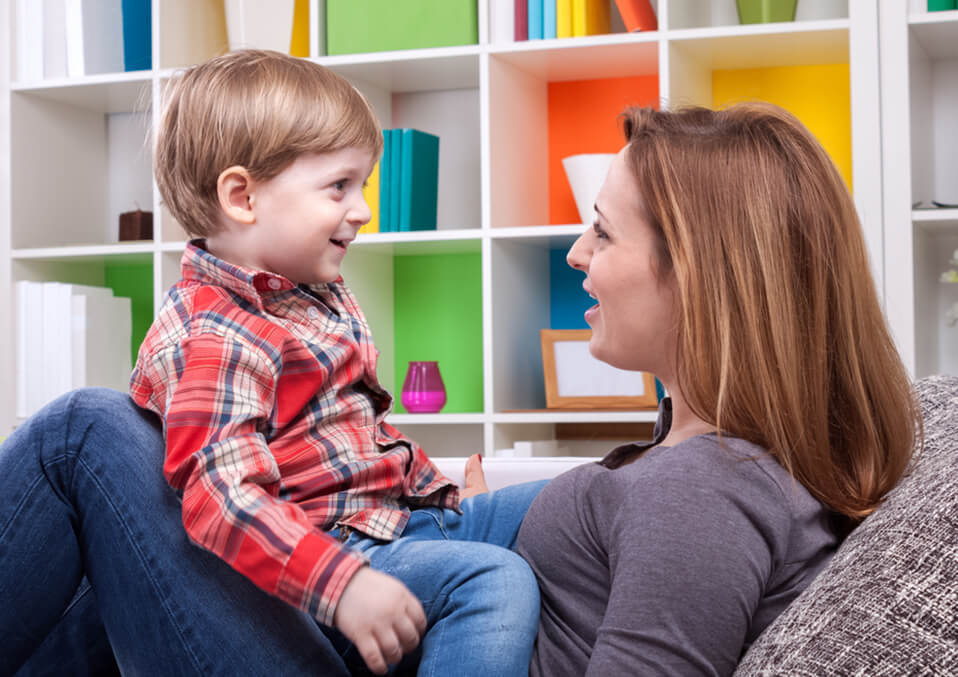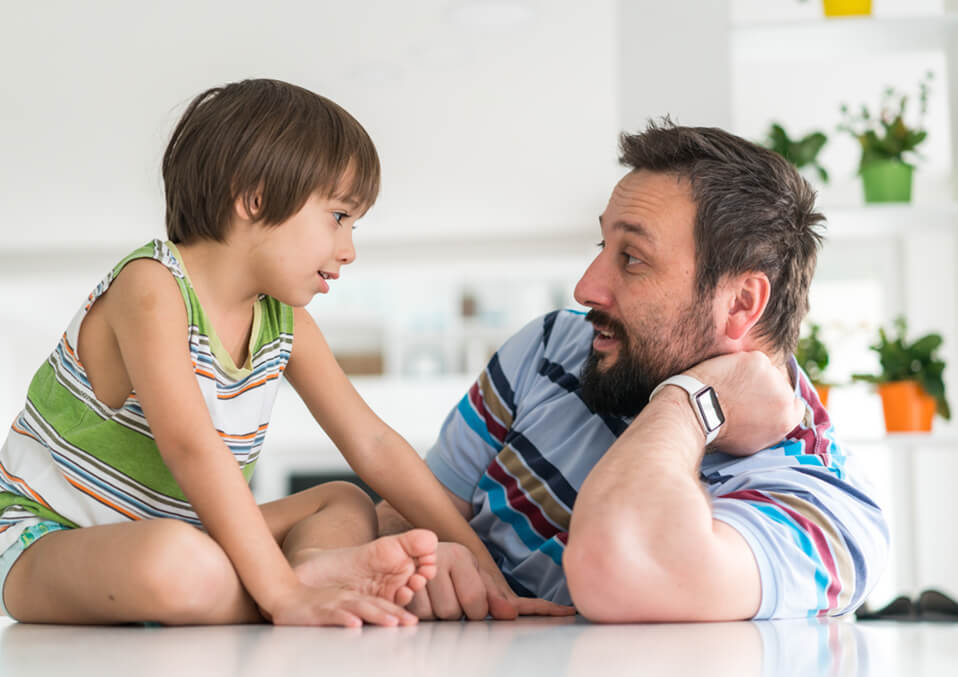
Parenting is a challenging task. It is a neverending process of taking care and guiding children until they grow up. Whatever parents do to his kids today will reflect on what kind of persons they will be in the future. That is why many parents are weighing on the best parenting style that will suit their little ones. Parenting styles may vary and are often influenced by cultures, nationality, and upbringing.
One of the parenting styles that is gaining popularity nowadays is positive parenting. It aims to correct children’s misbehavior with moderate disciplinary actions. It emphasizes open communication, understanding, mutual compromise, and preventive actions. Physical punishment and elimination of privilege and other forms of negative discipline like shaming and blaming are discouraged in this parenting style.
This parenting style gives solutions to some parents’ problem especially in those countries that ban spanking as a disciplinary action for children’s misbehavior. This aims to help children grow as emotionally intelligent adults, instilling in them problem-solving and self-control. It also promotes children’s independence and communication skills and being responsible for their actions. It promotes a healthy relationship between parents and children.
Structures of positive parenting

Finding long-term solutions to develop self-discipline among kids
Clear communication about parents’ rules, limits, and expectations with their children
Mutual respect among parents and children
Increasing children’s confidence and ability to handle different situations
Nurturing courtesy, empathy, self-respect, and non-violence
Positive parenting solutions

There are different ways and guidelines for parents to adapt in this parenting style:
- Control your emotions. This will help parents to become more patient towards their children.
- Before disciplining children, consider if it will strengthen or weaken your relationship with them. Once children know that they are given consideration, kids tend to follow their parents. Punishment can only reciprocate anger but guidance can help children focus on improving their behavior.
- Set limits while empathizing with your children. This way, parents are not being passive, they are just being considerate of their children’s feelings.
- Build or reinforce a connection with your child before correcting him. This can be done by kneeling or squatting to your child’s level when talking to him. Eye to eye contact will also make that connection stronger. Through these gestures and listening, they will feel important.
- Positive parenting encourages parents to use “I” in their statements. Instead of saying “What’s wrong with you,” parents can say “I don’t like it when you do it.”
- Communication should always be open. This is the key to positive parenting solutions. Use age-appropriate languages and do not assume that your child is too young or too little to understand.
- Always remember that how parents treat their children is how their children will treat themselves. Being unforgiving to them can make them feel unforgiven. Studies reveal that hitting or shaming a child released stress hormones and verbal abuse can lead to mental health problems later in life. Treating kids with kindness will teach them to treat themselves with kindness too.
- Use time-in instead of time-out. Time-out happens when parents ignore a misbehaving child until both of them calms down. Time-in establishes a connection wherein a parent can invite the child to talk about his feeling in an age-appropriate manner. Toddlers may feel abandoned once they are left out that is why time-out is discouraged. Keep calm and discipline with compassion.
- Make consequences that make sense. For example, a child doesn’t like to put away his toys although given instructions, warning and time, it is sensible if you remove toys for a while. This will help them to learn their lesson and get the message clear.
- When parents discipline their children, it is vital to explain why they are needed to be disciplined. They need to understand the consequences of their actions and they should learn from their mistakes.
- You can give warnings before a deadline. This will give children enough time to mentally prepare. You can say, “In five minutes, we will keep your toys because of its time for dinner.”
- Let the children feel that it is okay to express their feelings. May it be joy or sadness, fear or disappointment, these are all normal. Parents have to teach them how they can express it healthily.
- Be clear and specific when giving instructions. We can say “You need to pick your toys up and put it in the bin,” instead of “clean up.” To be sure that you are understood, you can ask questions like, “What are you going to pick up? Where will you put it?”
- Tell them what should be done and not what should not be done. Instead of saying “Don’t hit your brother,” you can say “You should be gentle with your brother.” Experts say that when you say “Don’t throw your food,” a child’s brain will process the throw your food first before ‘the don’t’ part. Telling the kids what should not be done can be confusing on a child’s developing mind.
- Be positive always. Talk to your kids with positivity. Doing so will help them to act, think and feel positive too. Positive parenting solutions can make positive children.
- Be consistent. Establish a routine that a child will always remember. Doing so will make learning these approaches easier for them. Keep up your word. If you say that you are going to go to the park and play when they got an A, you should keep it. Empty promises and empty threats as well will make them not to follow you anymore in the future.
- Be loving. Show love either physically or verbally. This will create love and trust between parents and children.
- Use humor. It is also important in parenting. Not all things should be done seriously.
Final note
Different parenting styles can parents can use as they guide them in growing up. Positive parenting solutions can be effective ways of raising kids. This parenting style evokes that children will learn from what they saw with their parents. It is non-violent and it encourages mutual respect among parents and kids. Should you choose this parenting style, it should always be a mutual decision among parents so it will be more effective.
Read also:
- The Democratic Parenting Style: How Effective Is This?
- Step-Parenting Dos and Don’ts and Things not Told About Being a Stepparent
- What Are The Baumrind Parenting Styles?


